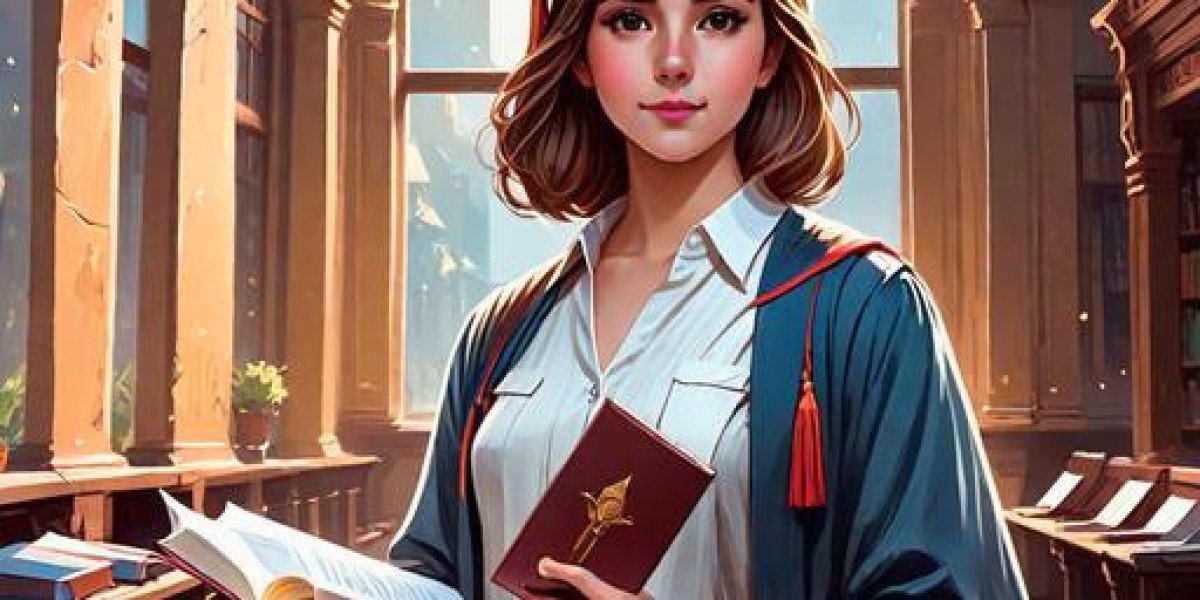The ghazal is one of the most beautiful and emotional art forms in the world of music. Deeply rooted in Persian and Urdu poetry, ghazals capture the essence of love, pain, longing, and self-reflection. Unlike many modern genres, the ghazal isn’t just about melody - it’s about emotion.
Understanding the Essence of Ghazal Singing
The word ghazal originates from Arabic and Persian, meaning “to talk to the beloved.” Traditionally, ghazals are collections of couplets (shers) that express themes of love, separation, and devotion. Each verse stands independently yet connects to a larger emotional narrative.
What makes ghazal singing special is its delicate balance of poetry and melody. A skilled ghazal singer doesn’t just sing words - they interpret emotions. They understand the mood behind every line and express it with subtlety and grace.
While the ghazal form is centuries old, it continues to evolve with time, blending classical roots with modern sensibilities.
The Golden Era of Ghazal Singers
Jagjit Singh – The Voice of Modern Ghazals
When it comes to ghazal music, Jagjit Singh is a name that stands above all. Often called the “King of Ghazals,” he brought the genre to mainstream audiences with his smooth, expressive voice and accessible compositions.
Before him, ghazals were mostly confined to classical music circles. Jagjit Singh modernized the sound by using instruments like the guitar and synthesizer, making it relatable to younger listeners. Songs like “Tum Itna Jo Muskura Rahe Ho” and “Hothon Se Chhoo Lo Tum” remain timeless examples of his emotional depth and clarity.
His music gave ghazals a universal appeal, blending poetry with modern rhythm while preserving its soul.
Mehdi Hassan – The Emperor of Ghazal Singing
Known as the Shahenshah-e-Ghazal (Emperor of Ghazals), Mehdi Hassan was a legend who combined classical mastery with unmatched emotional intensity. His training in Hindustani classical music gave his ghazals a rich, soulful quality that continues to inspire singers even today.
Songs like “Ab Ke Hum Bichde”, “Ranjish Hi Sahi”, and “Patta Patta Boota Boota” are masterpieces that reflect his technical precision and emotional depth. Mehdi Hassan’s voice had the power to convey pain, love, and reflection in a single breath.
Ghulam Ali – The Master of Melody and Emotion
Ustad Ghulam Ali is another legendary ghazal singer known for his unique style and effortless command over classical techniques. His performances often blend intricate raagas with poetic expression, making his ghazals both musically rich and emotionally stirring.
Songs like “Chupke Chupke Raat Din” and “Hungama Hai Kyun Barpa” showcase his ability to weave words and music into seamless harmony. Ghulam Ali’s artistry lies in his control, emotion, and devotion to the purity of the ghazal form.
Pankaj Udhas – The Voice of Simplicity and Connection
While Jagjit Singh and Mehdi Hassan brought sophistication to ghazals, Pankaj Udhas added simplicity and warmth. His songs often spoke directly to the hearts of everyday people.
Through hits like “Chitthi Aayi Hai” and “Aur Ahista Kijiye Baatein”, Pankaj Udhas became known for making ghazals accessible to a wider audience. His soothing voice and relatable themes made him one of the most beloved ghazal singers of the 1980s and 1990s.
The Evolution of Ghazal Singers in the Modern Era
The art of ghazal singing continues to evolve with time. While traditional legends remain irreplaceable, a new generation of artists is keeping the tradition alive with contemporary styles and digital platforms.
Modern ghazal singers like Hariharan, Talat Aziz, Rekha Bhardwaj, and Kavita Seth are blending classical ghazal poetry with modern arrangements, appealing to younger audiences without losing authenticity.
Social media and streaming platforms like YouTube and Spotify have also helped ghazal singers reach international audiences. The art that once lived in mehfils (intimate musical gatherings) now connects millions of listeners across the world.
Why Ghazals Continue to Captivate Audiences
Ghazals stand out because they are timeless. In a world of fast-paced beats and short-lived trends, they invite us to slow down and feel. Each ghazal allows listeners to explore emotions often left unspoken — love, loss, longing, and hope.
A ghazal singer uses the power of voice and expression to help people connect with their own inner emotions. The pauses, the silences, and the softness between words all carry meaning. That’s what makes the experience of listening to a ghazal so deeply personal and soothing.
At Treat for Your Soul, we believe that ghazal music remains one of the most authentic expressions of human emotion. It’s not just entertainment - it’s emotional therapy through melody and poetry.
FAQs About Ghazal Singers
1. Who is considered the greatest ghazal singer of all time?
Many music lovers consider Jagjit Singh, Mehdi Hassan, and Ghulam Ali among the greatest ghazal singers in history. Each brought something unique - from Jagjit Singh’s modern touch to Mehdi Hassan’s classical depth and Ghulam Ali’s expressive mastery.
2. Is ghazal music still popular today?
Yes. Ghazals continue to have a strong following, especially among audiences who value poetry and soulful music. Modern ghazal singers and digital platforms have helped revive interest in this timeless art form among younger generations.
3. How can someone appreciate ghazal singing?
To truly enjoy ghazal music, listen with attention and emotion. Focus on the lyrics, the tone of the singer, and the way they express each verse. Start with classics by Jagjit Singh or Mehdi Hassan, and gradually explore modern interpretations to experience the full beauty of ghazals.
Conclusion
A ghazal singer is more than a musician - they are a vessel for emotion and poetry. Through their voice, they carry stories of love, heartbreak, and longing that have been told for generations.
From the royal performances of Mehdi Hassan to the modern simplicity of Jagjit Singh, ghazal singers have kept this centuries-old art alive and evolving. Their music continues to remind us that true beauty lies in emotion, and that every heart finds comfort in the gentle rhythm of a ghazal.
For those seeking music that heals and connects, ghazals will always remain a true treat for the soul.





